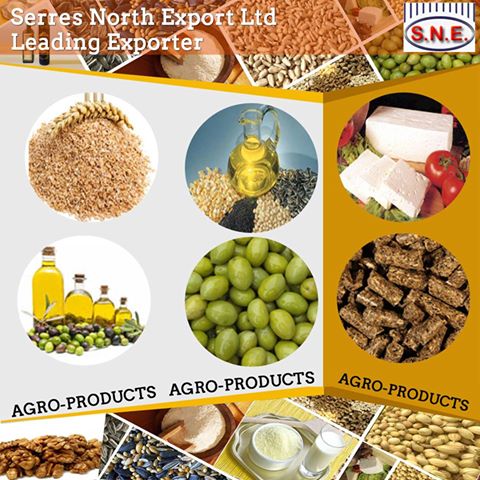Quality is a prerequisite to exportation. Importing and exporting countries impose restrictions, technical requirement, product standards, assessment and conformance procedures that must be adhered to.
Conforming to all requirements is imperative in maintaining good trade relations, preventing bans and embargos, assuring health food quality, maintaining market position and ensuring good prices.
Failure to comply with conformance standards results to heavy losses such as fines, total ban on importation, litigations and loss of an international market.
Common food quality standards
Each country has a set standards and regulations that must be strictly adhered to. However, there are also regional and international food standards. Some of these include:
Hazard Analysis and Critical Control Point (HACCP): this is a quality management system that increases food safety by screening products for biological, chemical and physical hazards. It evaluates products from growing, processing, manufacturing, distribution and selling. It is implemented in EU as directive 93/43 EEC and also applied by FDA in USA.
Good agricultural practice (GAP): entails the successful management of agricultural products to meet human needs. It focuses on growing crops in ways that mitigate environmental and soil degradation.
Good manufacturing practice (GMP) and Good Hygiene Practice (GHP): these describe measures applied in processing, handling, distribution, storage and sale of food stuffs. They emphasize on hygiene, cleanliness and control of microbial activities.
ISO family of rules: these are directed to a specific product or process. However, ISO 9000 and 14000 series are applied globally to control quality.

Meeting the requirements
It is the duty and responsibility of famer to meet quality requirements set by international and regional groups. For example, to import produce to Europe union the good must meet the EU sanitary and phytosanitary requirements which have four main areas: food and feed safety, animal health, plant health and public health.
It is therefore important that famers arrange for check up and obtain the necessary certificates before exporting agricultural products. These certificates and checks are done by authorized agencies which also deal with export.
In addition, importing clients use agencies to link them with high quality farm produce that has undergone all checks. It is therefore prudent to purchase products from export agencies rather than from farmers directly. These agencies also simplify the importation processes eliminating most of the risks.
Quality Standards for Agricultural Products in Bulgaria
The main oil seed exports include; sunflower seeds, sunflower oil, sunflower kernels and confectionery; rape seeds; mustard seeds; barley, coriander, flaxseeds and soya beans. Major tree nuts include: almonds, walnuts and hazel nuts.
In the USA, these must conform to FDA regulations and must follow US import procedures. In addition one must have import/ export licenses and have certificates of approval from various compliance bodies. In the EU these products must comply with general principles of food law and regulations (EC) No 178/2002, must be traceable from origin EC No 178/2002, must satisfy general rules of foodstuff hygiene and meet microbial criteria. They must also adhere to special rules on use pesticide, contaminants and veterinary medicine for milk and cheese products; meet marketing and labeling requirement as well as packaging requirement.
In addition, there are rules that specifically apply to infants, animals, oil and fiber plants, cereals and grain crops, vines as well as milk products. When exporting to Muslim countries, HALAL regulations must be adhered to in addition to other laws.


